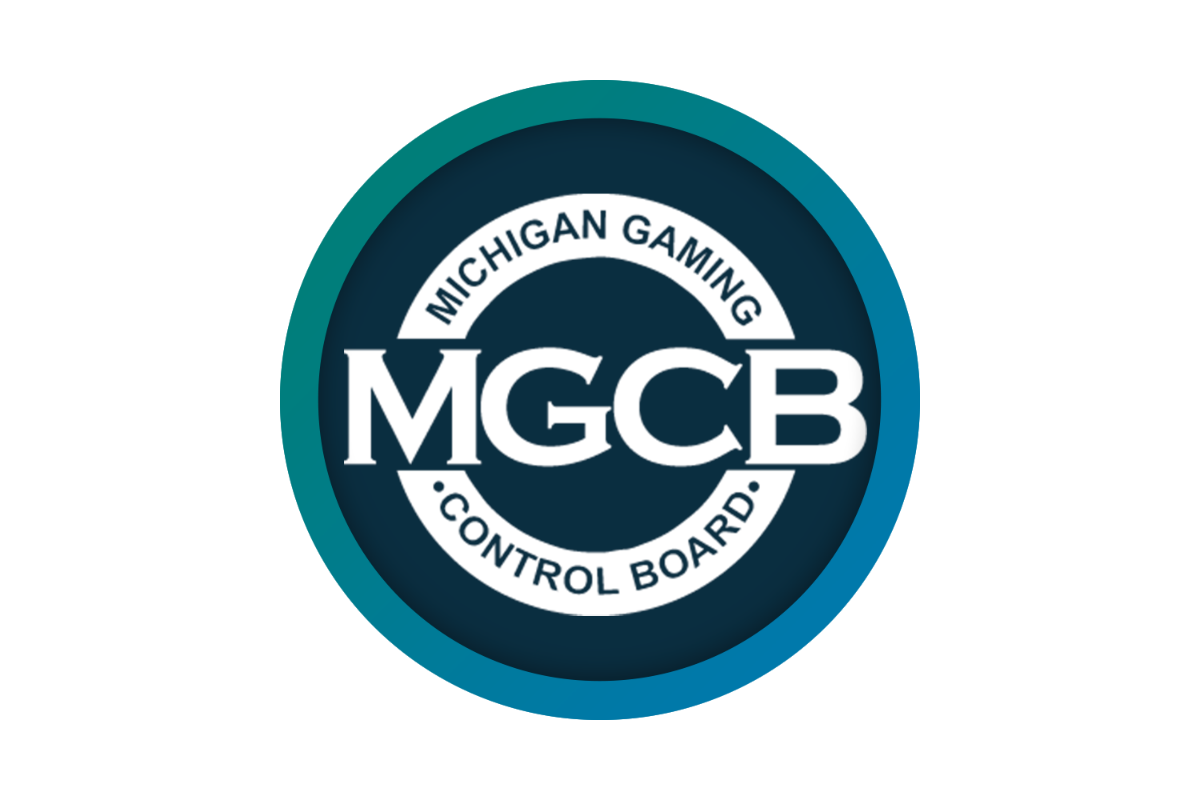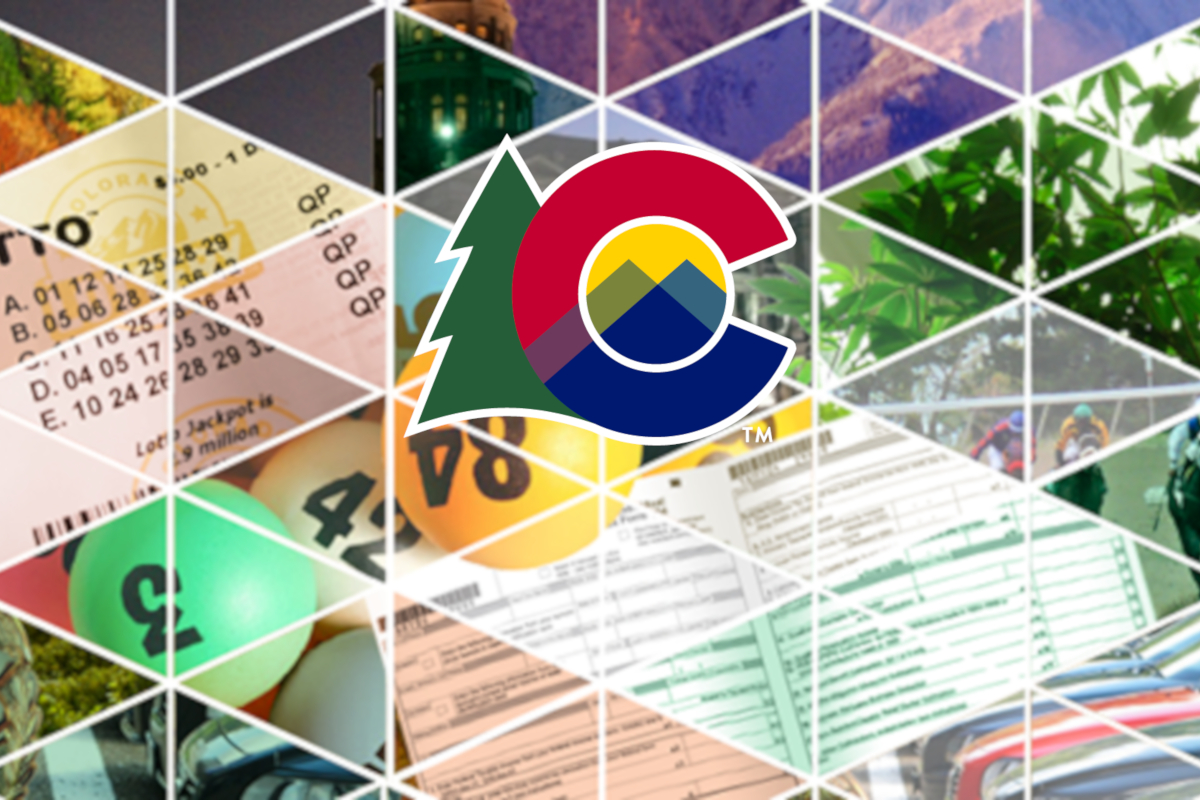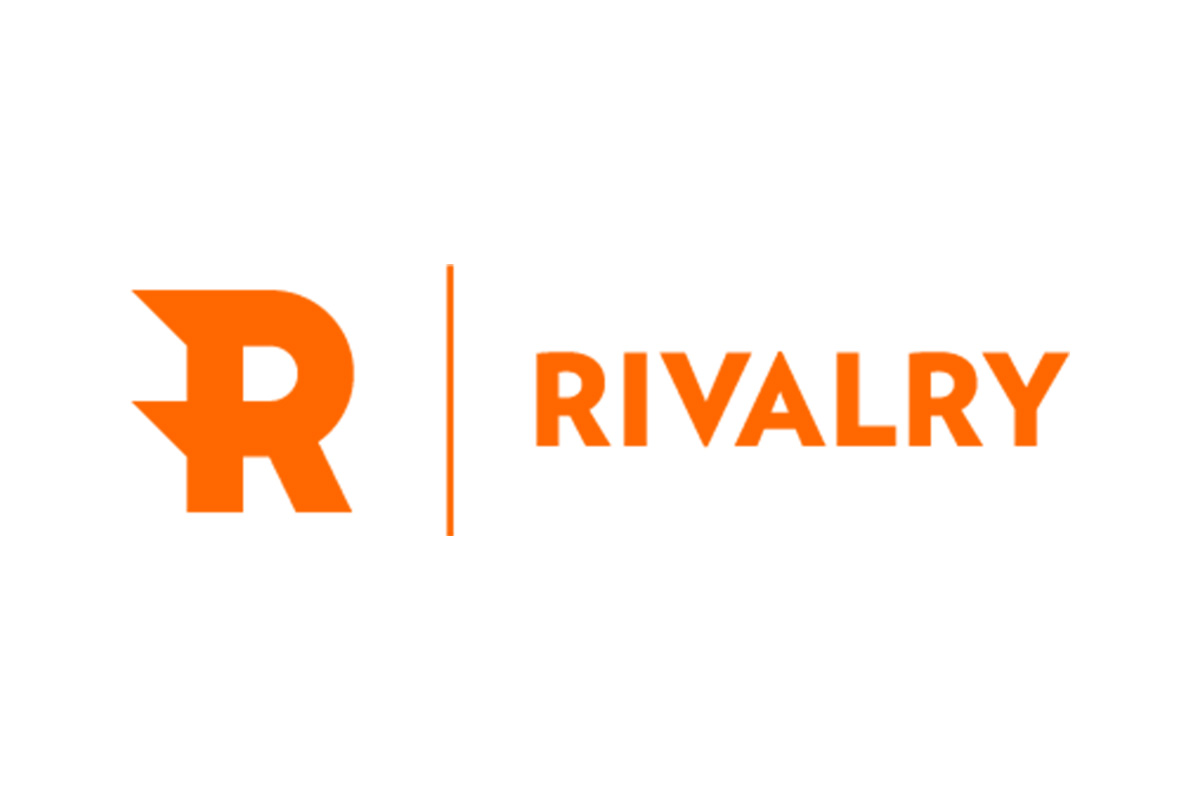
Michigan Gaming Control Board joins gaming states coalition urging USDOJ to prioritize combating illegal, offshore sportsbooks and online casinos
The Michigan Gaming Control Board joined a coalition of seven gaming states’ regulators urging the U.S. Department of Justice to make combating illegal, offshore sportsbooks and online casinos a priority. In an April 28 letter, MGCB Executive Director Henry Williams and fellow state regulators asked Attorney General Merrick Garland to address the significant threats offshore illegal gambling poses that state regulators cannot tackle alone.
“In Michigan, strict laws and rules govern internet gaming and sports betting and provide consumer protections, promote confidence and ensure fair and honest gaming,” Williams said. “We are willing to help the U.S. Department of Justice in any way we can as it pursues enforcement of U.S. laws against offshore illegal gaming enterprises that take advantage of our citizens.”
Other state regulators signing the letter represent Colorado, Illinois, Louisiana, Mississippi, New Jersey and Nevada, and Nevada Gaming Control Board Chairman Kirk D. Hendrick sent the letter to Attorney General Garland. In the letter, the seven states’ gaming regulators note the dangers posed by illegal offshore wagering sites, including:
- Lack of investment in responsible gaming programs
- No age verification requirements to protect minors
- No controls to prevent money laundering
- No guarantees of fair payouts for customers
- Loss of state tax revenue that funds important initiatives like education
Offshore operators do not undergo nor comply with strict licensing requirements imposed on legal, regulated operators. They also are not subject to the scrutiny of state regulators who conduct thorough suitability and background investigations of regulated operators as required by state laws.
“State regulators like the MGCB ensure operators offer products that pass technical standards and testing, and we also require operators to comply with reporting requirements,” Williams said. “Offshore operators flaunt state regulations and offer products that do not protect the public, which greatly concerns me and my fellow state regulators.”
In the letter, the state regulators noted they are proud of the work they do to protect the public, including enforcing payout requirements and dispute resolution procedures. Unlike their regulated counterparts, illegal operators simply may disappear with their customers’ funds and provide no resources to assist those who may need help. Regulated operators recognize licensing is a privilege that can be taken away, but illegal operators do not face similar consequences for failure to follow laws and maintain integrity.
The gaming states’ regulators provide supervision and enforcement, but the regulators point out in their letter that illegal operators do not answer to any authority. The state regulators hope the U.S. Department of Justice can address these critical issues through leadership in enforcement action against offshore operators.
“The Michigan Gaming Control Board shall ensure the conduct of fair and honest gaming to protect the interests of the citizens of the State of Michigan.”









